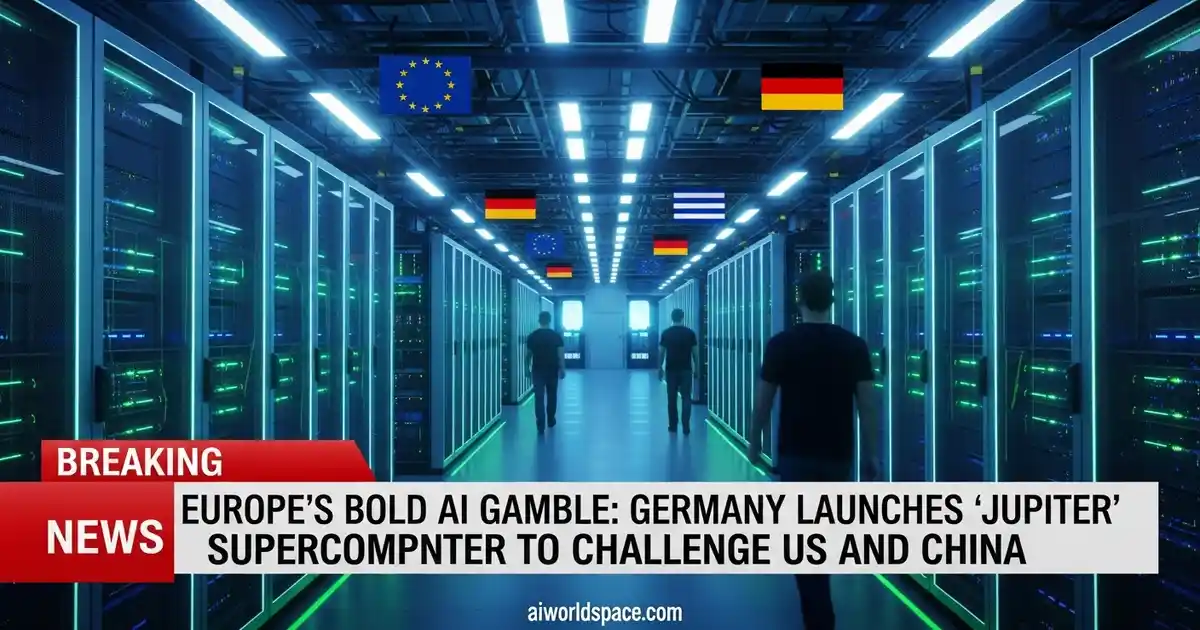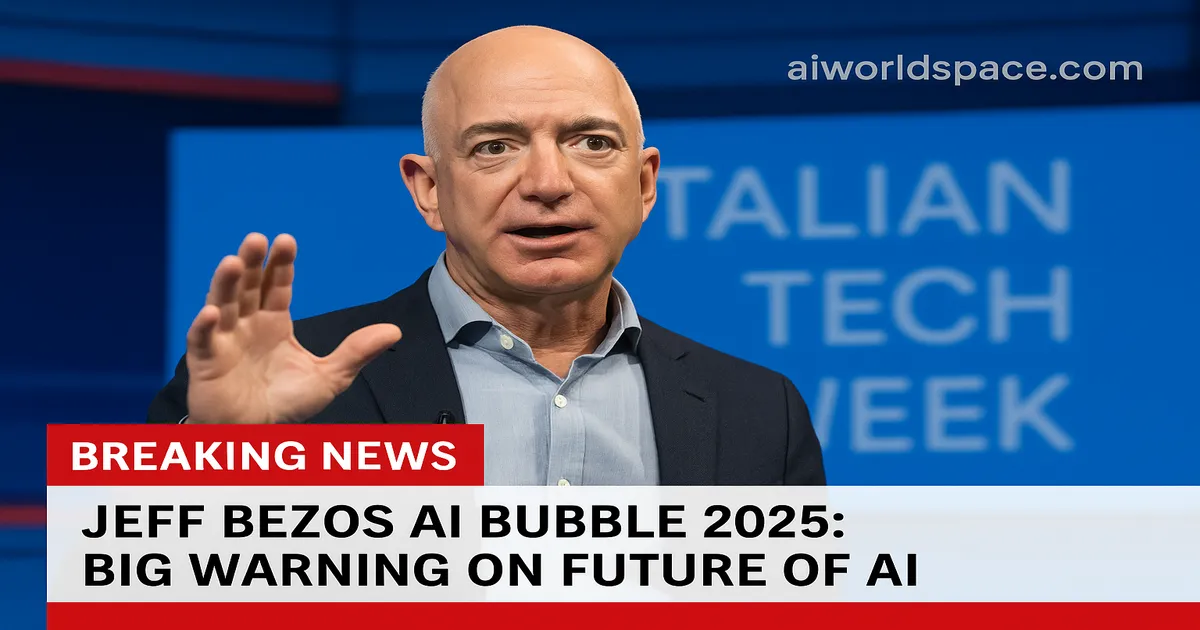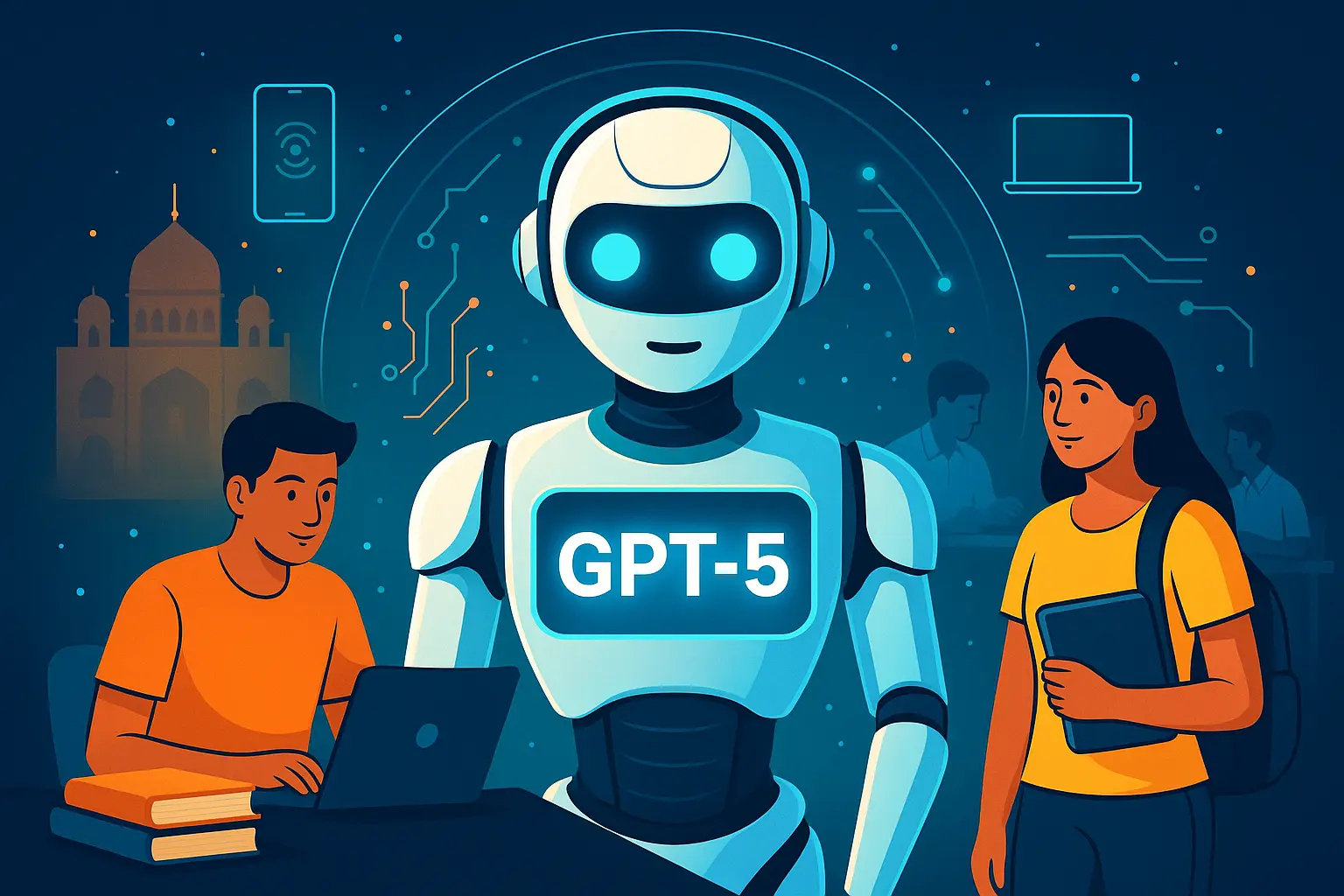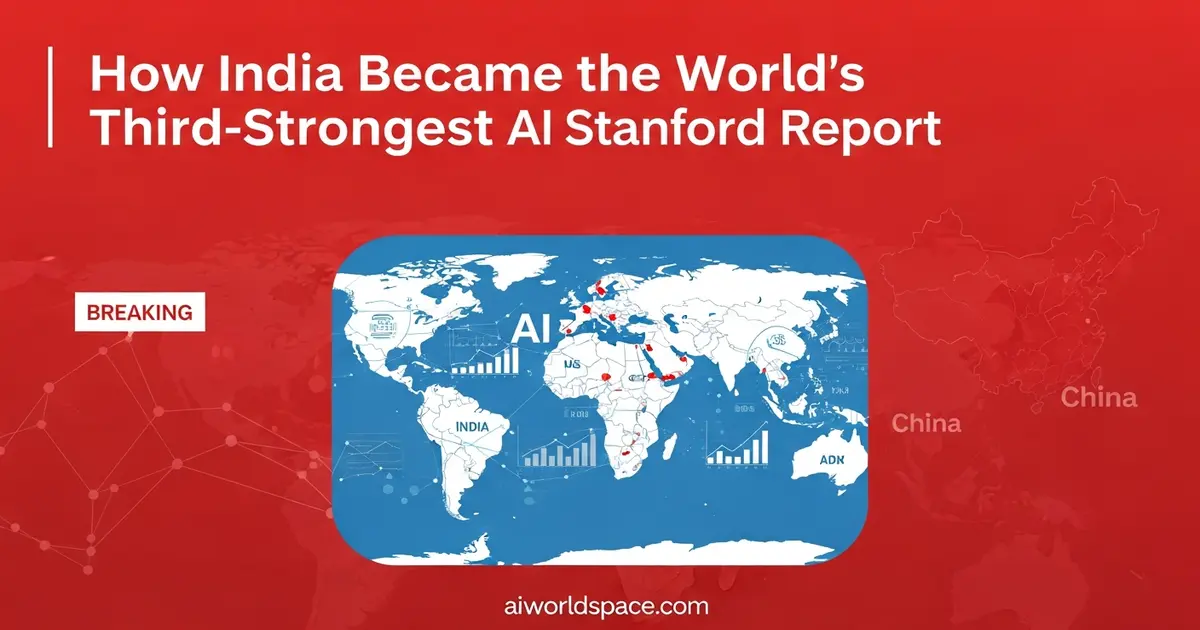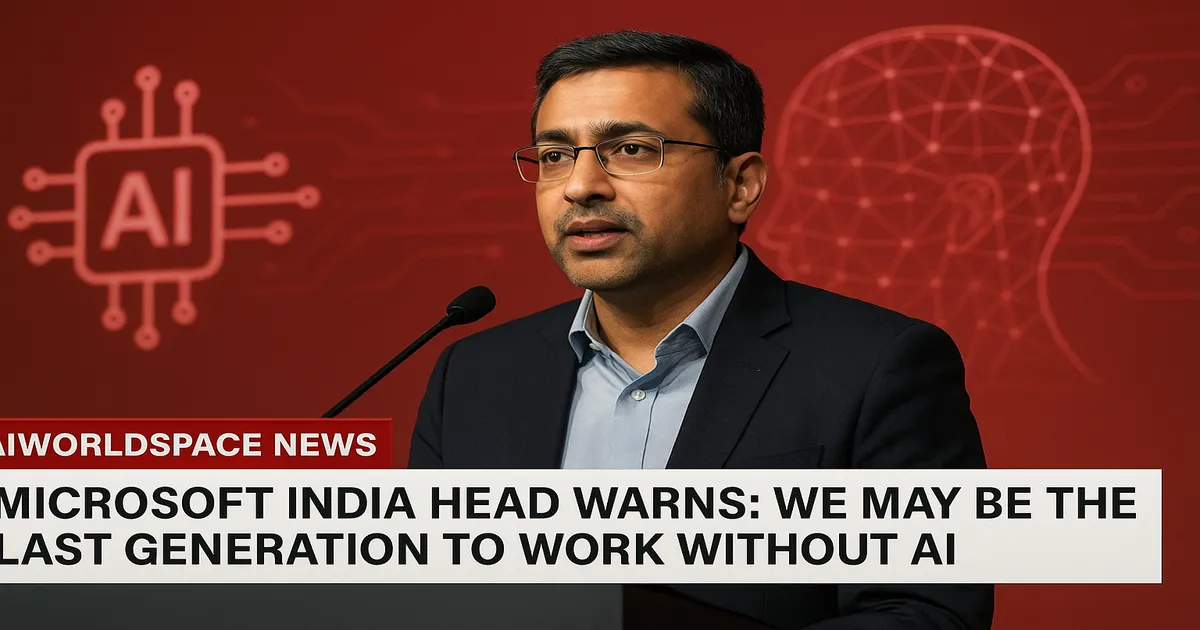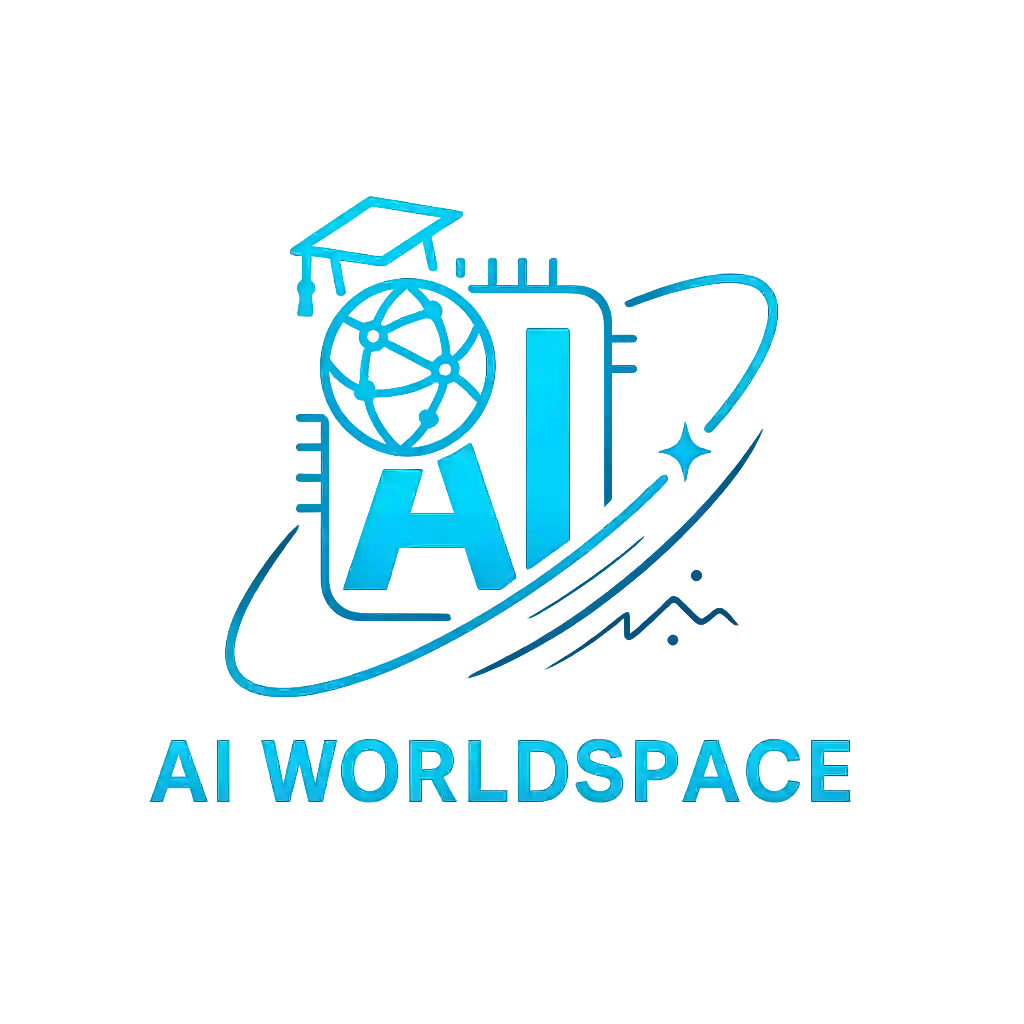Berlin | September 9, 2025 | 5 min read
Summary:
Germany Launches ‘Jupiter’ Supercomputer : In a bold move, Germany has launched “Jupiter,” Europe’s first exascale supercomputer. From training massive AI models to forecasting climate change decades ahead, Jupiter promises to revolutionise research. The project puts Europe in direct competition with the US and China in the global AI race.
Europe’s AI Ambition Takes Shape
Europe has thrown its hat into the global AI ring with the unveiling of Jupiter, the continent’s most powerful supercomputer, launched at the Jülich Supercomputing Centre in Germany. At the inauguration, German Chancellor Friedrich Merz declared that Jupiter would give Europe the technological muscle it needs to stand shoulder-to-shoulder with AI leaders like the US and China.
The supercomputer, hailed as a historic leap, represents Europe’s growing push to secure “sovereign computing capacity” — reducing dependency on foreign players while boosting homegrown innovation.

Researchers using Jupiter supercomputer in Germany for advanced climate forecasting- Ai photo
Germany Launches ‘Jupiter’ Supercomputer : What Exactly Is Jupiter?
Jupiter is being called Europe’s first exascale system, capable of performing one quintillion (a billion billion) calculations every second. To put that in perspective, it is around 20 times faster than any existing German supercomputer.
Also Read-Varanasi Launches Smart AI Vehicle with Drones to Remove Illegal Hoardings
The machine comes with a staggering 24,000 Nvidia chips, spread across a 3,600-square-metre facility. Built by Eviden (a subsidiary of France’s Atos) in partnership with German firm ParTec, the system will cost roughly €500 million ($580 million) to build and operate. Half of this funding is coming from the European Union, with Germany covering the rest.
Interestingly, despite its European design, Jupiter’s reliance on Nvidia chips also underlines Europe’s continued dependence on US technology — an irony not lost on industry watchers.
Why Jupiter Matters in the AI Race
A recent Stanford University report painted a stark picture: in 2024, the US produced 40 major AI models, China followed with 15, while Europe managed just three. Against this backdrop, the launch of Jupiter is being seen as Europe’s bid to catch up and stay competitive in the next wave of AI innovation.
But its role won’t stop at AI.
Also Read-Telangana Govt Brings Coding and AI to Classrooms of Govt Schools
Germany Launches ‘Jupiter’ Supercomputer : A Supercomputer for Science
Jupiter’s power will stretch across multiple fields:

- Climate Forecasting: Current models can predict climate trends up to 10 years. Jupiter promises to simulate changes 30 to 100 years into the future, offering crucial insights for policy and environmental planning.
- Neuroscience: Researchers will use it to simulate complex brain processes, potentially accelerating discoveries in diseases such as Alzheimer’s.
- Clean Energy: From optimising wind energy to designing next-generation batteries, Jupiter will support Europe’s green energy transition.
By broadening its application beyond AI, Jupiter positions itself as a cornerstone of Europe’s scientific and industrial strategy.
Also Read-Google Quietly Reveals Gemini AI Limits: What Users Can Really Do on Each Plan
The Power Question: How Much Energy Will It Use?
Running such a giant machine comes at a cost. Jupiter will consume around 11 megawatts of power — comparable to the needs of thousands of households or a small industrial plant.

However, operators stress that Jupiter is among the world’s most energy-efficient supercomputers. Equipped with advanced hardware and water-cooling technology, it even recycles waste heat to warm nearby buildings — a futuristic solution that makes it both powerful and eco-conscious.
Also Read-Will AI Really Replace Humans? Salesforce Lays Off 4,000 Employees in Shock Move
A Bold Step, But Challenges Remain
While Jupiter gives Europe its strongest shot yet in the AI and computing race, questions remain about whether hardware alone can close the gap with the US and China. Access to data, funding ecosystems, and AI-focused industries will all determine how impactful this leap proves to be.
For now, Jupiter is more than just a machine — it is a symbol of Europe’s determination to take charge of its AI future.
Also Read-


